A four-way challenge: Tour de France hits the Pyrenees
Adam Yates and Jim Ochowicz analyse the upcoming mountain stages
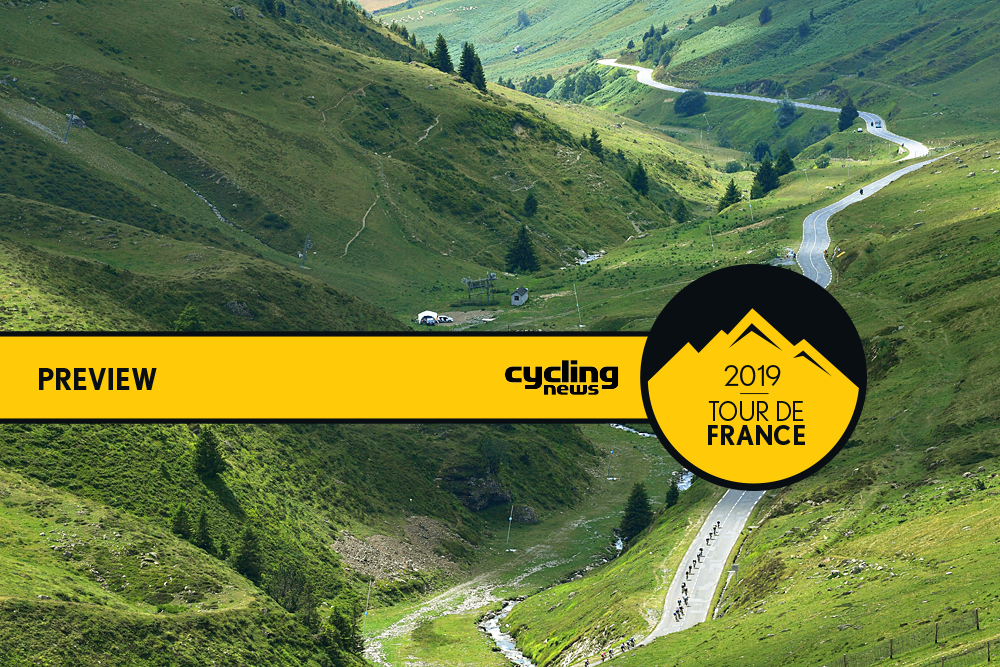
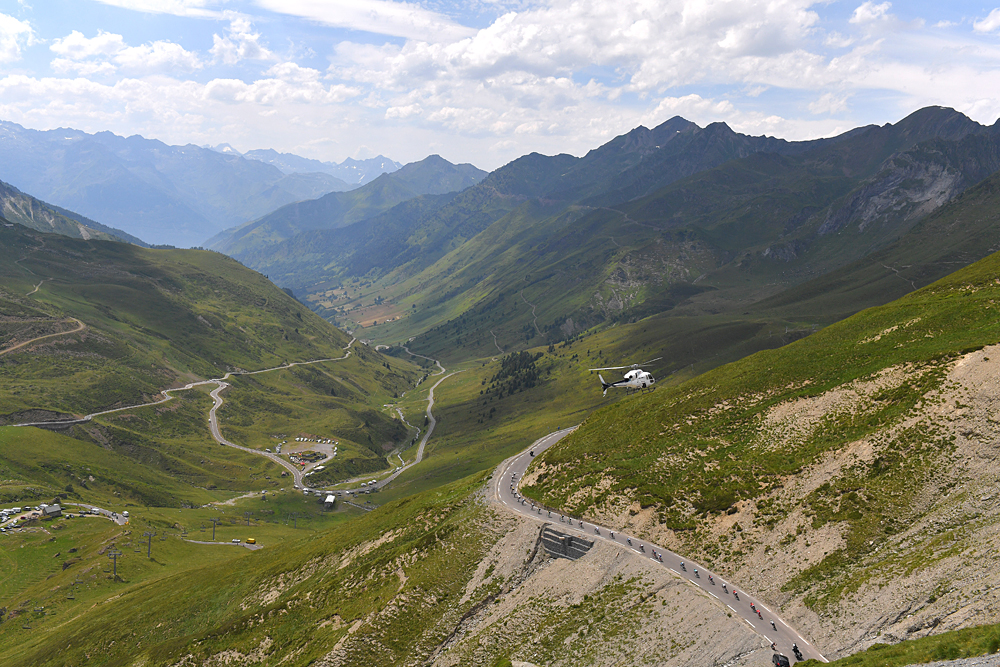
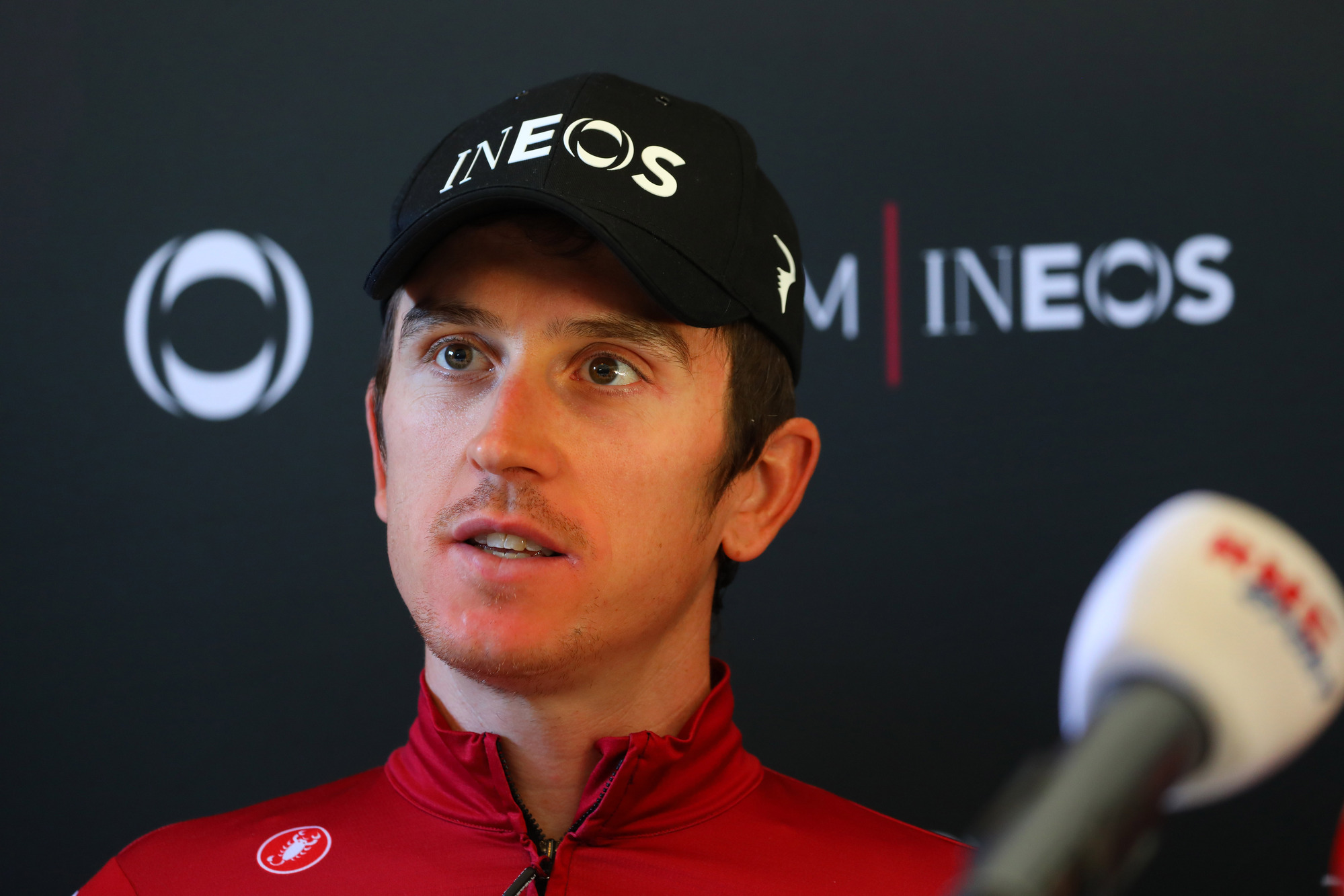
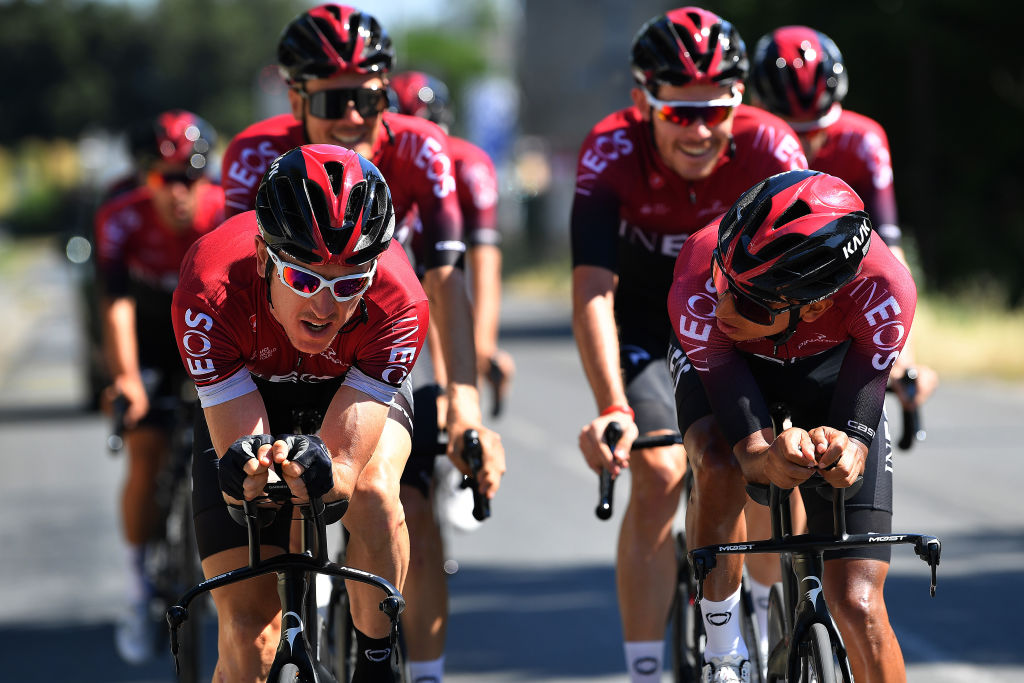
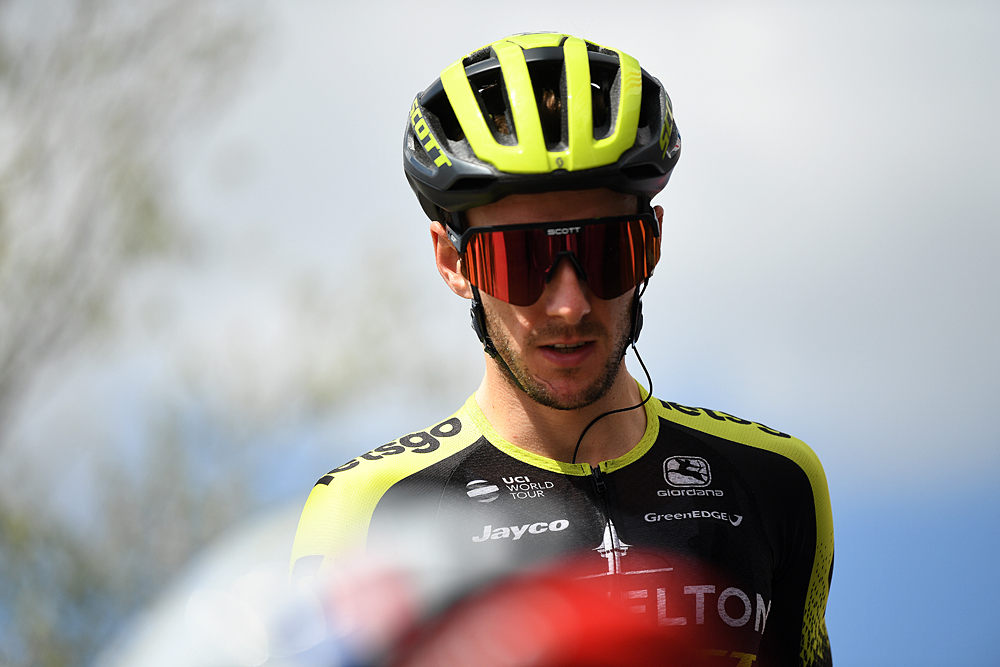
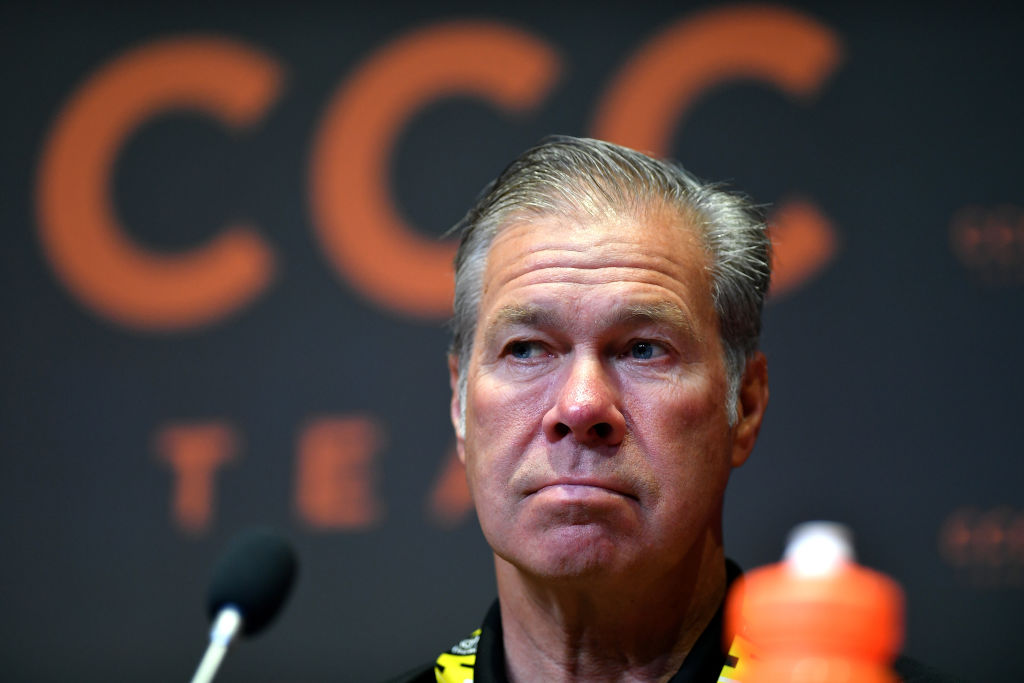
We're finally here. After 11 days of steadily rising expectations – and not a few unexpectedly intense skirmishes – the Tour de France's first series of general classification battles will begin in the Pyrenees. Come Sunday evening, a clear outline of each contender's real chances for victory in Paris will be established once and for all.
The difference between important GC stages like La Planche des Belles Filles on stage 6 or the stage 2 team time trial is that from now until Sunday, it's one crunch-stage after another with no letting up.
Consistency will be as crucial as flashes of individual brilliance. As the saying goes, a large part of the Tour is won off the bike. It will be one all-out effort after another, and the ability to recover will be as significant as the events of each day's racing.
The racing in a nutshell
A difficult stage 12 on Thursday takes on two first-category climbs. Then there's the medium-length stage 13 individual time trial in Pau, followed by a summit finish on the Tourmalet at the end of Saturday's short-but-challenging stage 14. And lastly, a classic long grind eastward through the Pyrenees with another tough summit finish at Prat d'Albis in Foix on stage 15. Right now, next Monday's second rest day must feel like a lifetime away.
Julian Alaphilippe (Deceuninck-QuickStep) is in command of the GC, but he is expected – although by no means guaranteed – to suffer on the toughest mountain climbs. All eyes will be on the Team Ineos duo of Geraint Thomas and Egan Bernal.
Thomas and Bernal have substantial advantages on their chasers, and are second and third overall. Unless Alaphilippe proves to be a harder nut to crack on the climbs and in the TT, Team Ineos can afford to play a defensive game. They can wait to take yellow almost by default. Under such circumstances, their rivals are obliged to attack.
That might change, however, if Alaphilippe is still in yellow after the TT or even after the Tourmalet.
Get The Leadout Newsletter
The latest race content, interviews, features, reviews and expert buying guides, direct to your inbox!
On paper, the men further down the GC ranking are under the most pressure to swing into action. Some expect the GC battle to be put on hold until Friday. Others are adamant it would be risky to do so if the idea is to take yellow in Paris.
"If any of the contenders think they have a chance to make the podium, they're going to have to start pulling back time on Thomas and Bernal right away," CCC Team general manager Jim Ochowicz told Cyclingnews.
"Thomas and Bernal have got a significant advantage. Whoever wants to contest them isn't even close at the moment, so they need to begin as soon as possible. You only have so many shots at changing things."
Stage 12 presents the first opportunity as the Tour de France heads into the Pyrenees over two first-category climbs, including the Peyresourde and the Hourquette d'Ancizan, into Bagneres-de-Bigorre.
The Peyresourde used to have a formidable reputation – 1959 Tour winner Federico Bahamontes called it the hardest climb of the Pyrenees. Even if it is less intimidating now thanks to better road surfaces, as the first big Pyrenean climb, it'll surely see somebody important in trouble.
Although Ochowicz is convinced that the GC favourites should begin the wearing-down process from the get-go, Adam Yates (Mitchelton-Scott) believes that stage 12 will be more for riders to test the water prior to the following three stages.
"I like to take this race on the day-by-day because if you're looking at sections of racing blocks, and miss out on little details, you find that you can lose a chunk of time. But my first big test in this second week will be the time trial," Yates told Cyclingnews.
Yates argued that because Thursday's finish comes after a descent – 30 kilometres from the Hourquette d'Ancizan – he doesn't believe it's going to have as much of an impact. He warned, however, that ambushes, like on Monday's flat stage 10, are never to be ruled out.
"It could be one of those days, and if you're not focused and switched on, you can lose a chunk of time," he said.
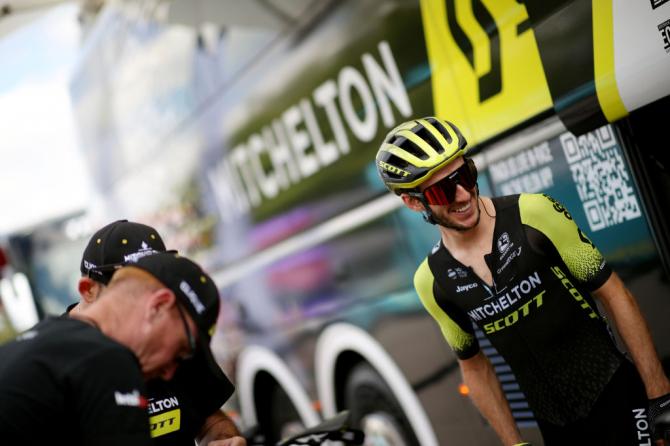
Friday's more structured and predictable arena for gaining and losing time will be an individual time trial in Pau on a 27.2-kilometre course over rolling terrain. According to Yates, together with Saturday's and Sunday's tougher mountain stages, the TT will establish the first really stable GC hierarchy at the Tour.
"Slowly but surely the GC is all coming together. After tests like Friday you'll know how you're going, you know your rivals, and you'll get the bigger picture," Yates said. "Everybody will have their place in the race."
Ochowicz is blunt in his analysis, saying that the time trial on Friday will show the real distances between the different contenders.
"Shit always happens in time trials," he said. "But you'll have to walk yourself through that one and then immediately start to look at Saturday's stage to the Tourmalet because that'll be very hard."
Tackling the Tourmalet
The Tourmalet is arguably the hardest single climb of the entire 2019 Tour de France. It also marks the end of stage 14. Ochowicz said that just finishing on that climb is treacherous because it's not a normal ascent.
"It goes straight up on a wide road, and being so straight, it feels like it goes on forever," explained Ochowicz. "Some people don't like that; it's too intimidating, whereas switchback climbs like the Alpe d'Huez are less intimidating because, with the switchbacks, the climbing feels like more of a process."
Yates, who won on the Volta a Catalunya's Valter 2000 summit finish in the Pyrenees, has been up both sides of the Tourmalet in racing and in training. He believes that both sides are hard and steep, and that there's not much difference. With a summit at 2,115 metres, he says, "You notice the altitude, but it's the same for everybody."
After Saturday's short-but-very-intense climbing effort, Sunday's final Pyrenean challenge – stage 15 – is a demanding 184km leg to Prat d'Albis. It has three first-category climbs in the final 70 kilometres and a summit finish to boot. Prat d'Albis is 12 kilometres long and averages 7 per cent, with its steepest segments halfway up.
For GC racers, although the shorter climbing stages can cause serious damage, the longer ones have greater inherent risks.
"Both kinds are difficult, but I prefer the shorter stages because we race from start to finish," said Yates. "In the longer ones, we all race more conservatively. You can't race seven hours over big mountains. By the end, nobody has any teammates, so then it can all go to shit, really."
He is thankful, in any case, that the weather is predicted to be warm for all four days, touching 26 degrees at most on Friday.
"Who likes to race in the rain and cold?" Yates asked.
As for how the GC racers will calculate their strategy over four such hard days, Ochowicz compared it to tennis at Wimbledon.
"You've got to play for several days, not for one, if you want to win," he said. "They train for that."
There is a temptation to ride conservatively, but Ochowicz argues that if riders want to beat Bernal and Thomas, they should throw caution to the wind on day one in the Pyrenees.
Or, as he puts it, "The guys who want to be up there, they've got to start right away. If you postpone and postpone and postpone at the Tour, then eventually you'll run out of postponements."
Alasdair Fotheringham has been reporting on cycling since 1991. He has covered every Tour de France since 1992 bar one, as well as numerous other bike races of all shapes and sizes, ranging from the Olympic Games in 2008 to the now sadly defunct Subida a Urkiola hill climb in Spain. As well as working for Cyclingnews, he has also written for The Independent, The Guardian, ProCycling, The Express and Reuters.
